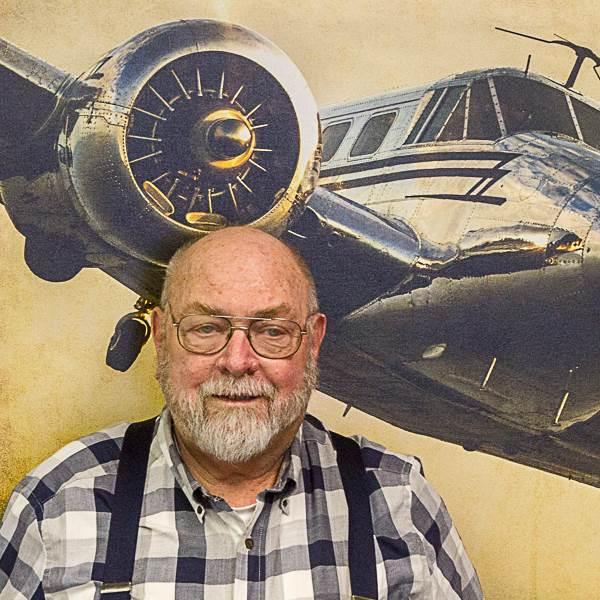‘Loyal’ versus ‘satisfied’
Many years ago I became enthralled with the management and business philosophy of Professor W. Edwards Deming. He said: “You want loyal customers, not just satisfied customers.” Wow, that is something to think about. Loyal customers are more committed to your business than someone who is simply satisfied with your business to some degree. Now we have a new goal: to create loyal customers for our flight school. The next question is, what do we do to move customers from the status of satisfied to loyal?
Loyal customers are more than business numbers or statistics—they are friends of the business. In life you develop your base of friends through common interests, by being interested in them as individuals, taking time to be helpful, and demonstrating you’re trustworthy and dependable. These are common-sense attributes for social success. The same principles apply to developing friends of the business or loyal customers.
Look at your customers as your business family. Let it become the culture of your business for you and your staff to learn about each individual who flies with you; show your excitement to see them. Remember, people like to feel important. Don’t be afraid to give away a few minutes of your time to be helpful by explaining something about the airplane or flight planning. You and your staff must be perceived as trustworthy, which means being honest and never misleading. It is just basic good psychology to demonstrate the respect people deserve.
To develop loyal customers, you have to have a passion for the people who fly with you as well as a passion for aviation. The goal here is for your flyers to share the opinion “This is the place to fly.” Now you have moved from satisfaction to loyalty. This transition has to be a staff-wide effort. It begins with your mission statement and the values that are important to your flight school operation. Then you have to make sure you hire people who share your company values. It becomes your corporate culture to develop a family of loyal customers.
Referring to your students and renter pilots as your business family is comforting. The term “family” has a friendly feel to it. The term “customer” has a cold and disassociated sound to it. Who is more likely to be loyal, a family member or a customer? What a great slogan for your business to advertise that you treat everyone like family.
Loyal customers become your ambassadors in the local community. They are your friends to help your business grow and prosper. They may not be thinking about being ambassadors for your business, but if they are making positive comments about flight training at your school they are behaving as ambassadors. Your loyal customers also will come forward with their own ideas and suggestions to help your flight school business.
Finally, how do you evaluate the loyalty of your pilots? One thought is to ask your pilot population to help your flight school with outreach projects. Examples would include booths at high school career fairs, helping to develop an aviation youth camp, and assisting with a Rusty Pilot seminar. Everything your people do for you is a measure of their commitment and loyalty to your business. Look for the difference between your loyal customers and your satisfied customers, and you will be amazed.
Ed Helmick has been a flight instructor since 1988. He formerly managed a flight school in Spanish Fork, Utah, as well as schools in Scottsdale, Arizona.




